Ten Questions for Courtney Maum

“Listen, it can’t feel magical every day, of course, but writing does have the potential to be an act of joy.” —Courtney Maum, author of Costalegre
Jump to navigation Skip to content
Read weekly interviews with authors to learn the inside stories of how their books were written, edited, and published; insights into the creative process; the best writing advice they’ve ever heard; and more.

“Listen, it can’t feel magical every day, of course, but writing does have the potential to be an act of joy.” —Courtney Maum, author of Costalegre
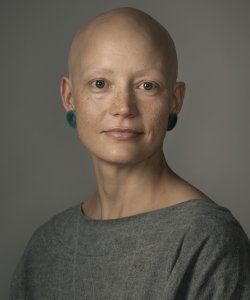
“I have never before written something where the primary challenge was not one of craft or character or structure but rather of emotion.” —Helen Phillips, author of The Need
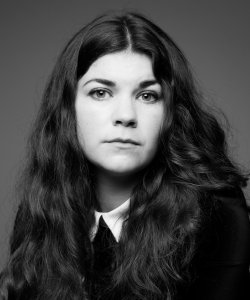
“Let people read your work, and listen to what they say about it.” —Caite Dolan-Leach, author of We Went to the Woods
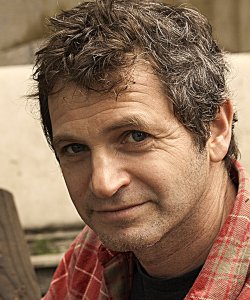
“Though this is my sixth book, I take nothing for granted.” —Peter Orner, author of Maggie & Other Stories

“Don’t be careful; definitely not in the first draft.” —Chanelle Benz, author of The Gone Dead
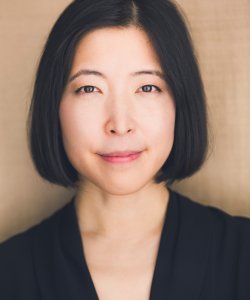
“I write to try to set myself free, and then find myself snagged on my own limitations.” —Catherine Chung, author of The Tenth Muse
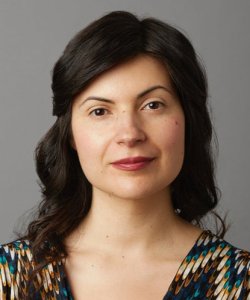
“So much can come of being willing to shut up and pay close attention to the world around you.” —Mona Awad, author of Bunny
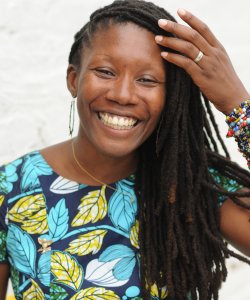
“We have to remind ourselves why we write and why it’s important for us to tell these stories. The universe will take care of the rest.” —Nicole Dennis-Benn, author of Patsy
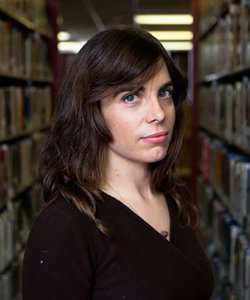
“I love more than anything to be alone in my imagination, but sometimes it is a dangerous place.” —Domenica Ruta, author of Last Day
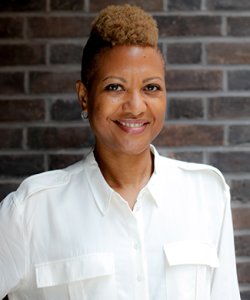
“What many people won’t admit is that it’s impossible to write a novel without a pinch of selfishness, and you have to beg your loved ones to forgive you for it.” —Sara Collins, author of The Confessions of Frannie Langton

“My ideal writing environment is a semi-public place, like a shared office, or a library as long as I can avoid making eye-contact with people around me.” —Xuan Juliana Wang, author of Home Remedies
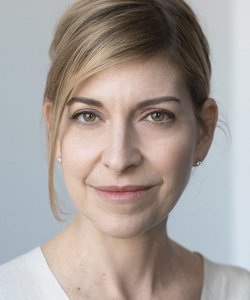
“One of literature’s great powers is its ability to act as a tonic against xenophobia; there’s never been a moment when that power has been more urgently needed.” —Julie Orringer, author of The Flight Portfolio
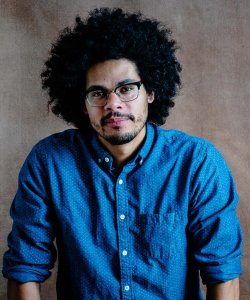
“I wish our books, as art objects, had better ways of showing more of the practice and work and failure that go into making them.” —Geffrey Davis, author of Night Angler.

“I think writing should be connected to the constant ever-evolving work of discovering, (re)imagining, and (re)claiming one’s own selfhood.” —Alison C. Rollins, author of Library of Small Catastrophes

“Look for beauty and grace even in the challenging material, whenever possible.” —Kenji C. Liu, author of Monsters I Have Been

“If what you’re writing begins to scare you, don’t stop—it’s about to get real good.” —Gala Mukomolova, author of Without Protection

“There’s a lot of mystery in my writing process, and I have the suspicion that I’m doing all the steps out of order.” —Emily Skaja, author of Brute

“My best work, regardless of genre, often happens in one big burst.” —Namwali Serpell
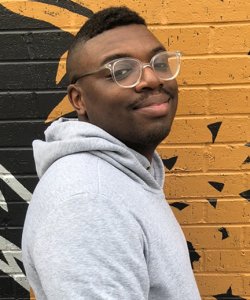
“It’d be nice if the American literary community’s obsession with signal-boosting the optics of diversity were solidified into a tangible, fiscally remunerative reality for minority writers.” —Bryan Washington
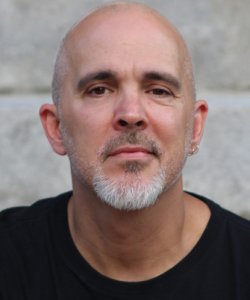
“I’d love the community of contemporary writers to read each other with the freedom and rigor (vigor) we bring to hearing the music we love the most.” —Ed Pavlić

“A good portion of Gingerbread was written sitting on the floor, in a chair with no legs but excellent back support.” —Helen Oyeyemi, author of Gingerbread

“The literary community is too small—I’d create lots more thoughtful and appreciative readers like the ones who read interviews in Poets & Writers Magazine.” —Brian Kimberling, author of Goulash

“Go there. When the work takes you somewhere deep, it can be difficult not to swim back up out of fear or squeamishness.” —Lindsay Stern, author of The Study of Animal Languages
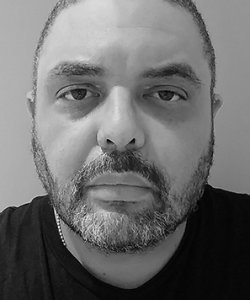
“I’m always trying to do something new, which is usually something I’m afraid of.” —Shane McCrae, author of The Gilded Auction Block
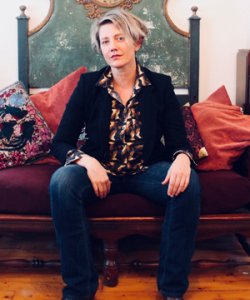
“I do not allow rules and regulations to dictate my writing—it’s one thing I can control.” —Paige Ackerson-Kiely, author of the poetry collection Dolefully, a Rampart Stands